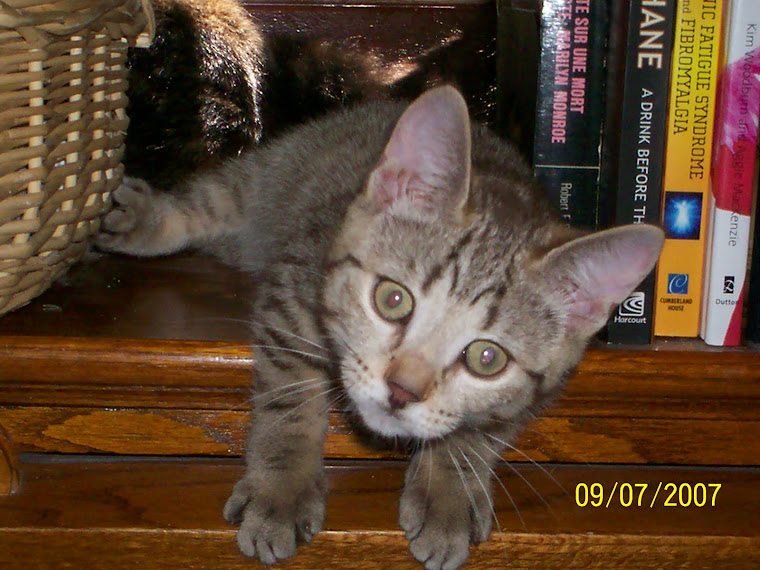In preparation for the celebration of Easter Sunday, many families enjoy adorning their homes with plants. One plant, the Easter Lilly, is a favorite decorative element. But, did you know this beautiful symbol of Easter is a highly dangerous toxin to your pet cat?
Even a small amount of the Easter Lily plant ingested by your cat can make it extremely ill. While dogs are not adversely affected, the Easter Lily is not the only lily plant that is toxic to felines. The Tiger Lily, Rubrum Lily, Japanese Lily and some Day Lily species also are extremely toxic to cats.
All parts of the lily plant are toxic - including the pollen. If your cat should brush up against the plant, transferred pollen can be breathed into its lungs or licked off its fur into its mouth and digestive tract.
The result? Severe kidney damage and acute renal failure can occur. Within just a few hours of ingestion, a cat can show the early symptoms of lily toxin poisoning: vomiting, not wanting to eat or drink and lethargy. Immediate veterinarian treatment is crucial. A poisoned feline can develop kidney failure in as little as 36 hours.
If you are a cat owner and do have an Easter Lily in your home, please keep the plant safely away from your cat's ability to access it. You may want to reconsider a safer alternative altogether for both your feline and canine furry friends. Some non-toxic Easter plants safe for your cat and dog are:
Easter Orchids
Easter Cactus
Violets
Daisies
A valuable resource link for all pet owners is the Animal Poison Control Center, found at:
http://www.aspca.org/pet-care/poison-control/
As you enjoy the celebration of Easter with your family, please remember to protect your pets!







No comments:
Post a Comment